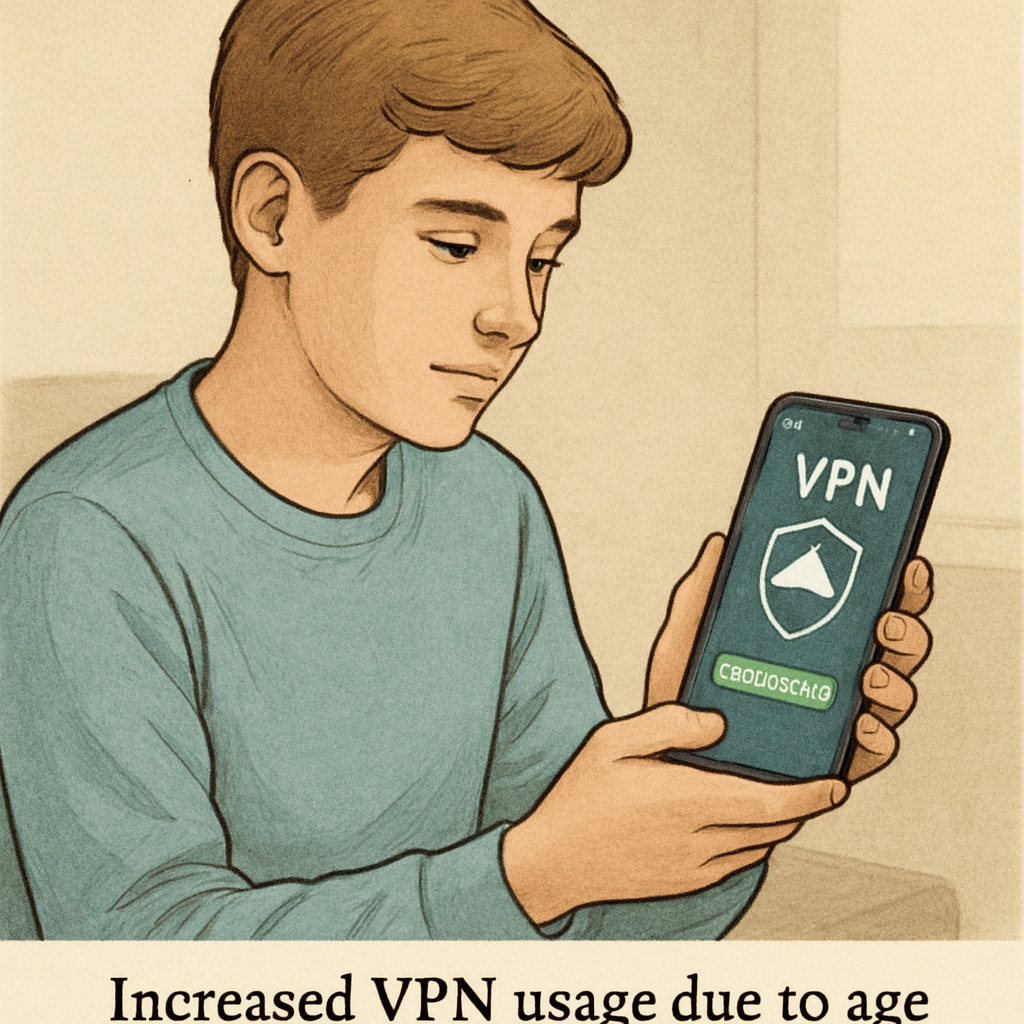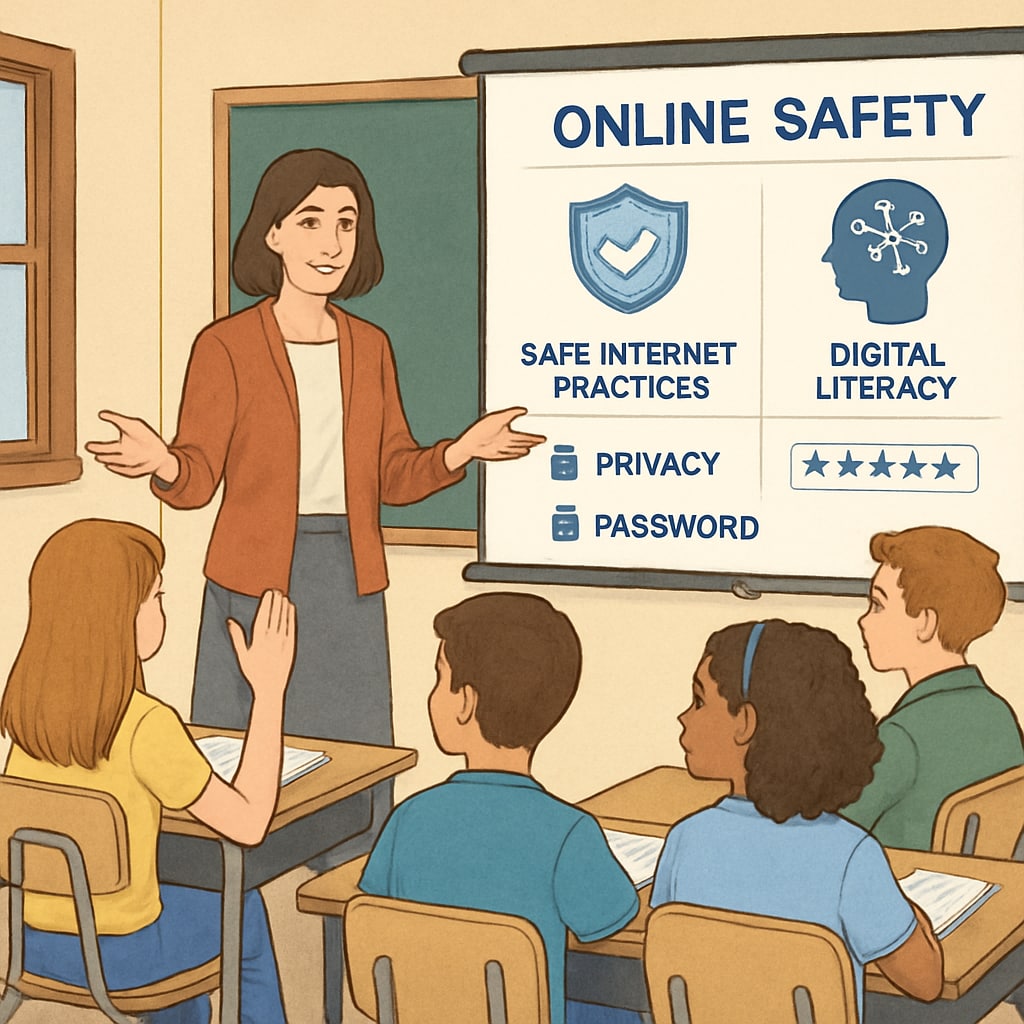The introduction of age verification laws in the UK has sparked significant debate. While the legislation aims to protect minors from inappropriate online content, it has inadvertently fueled a surge in VPN (virtual private network) usage. This unintended consequence underscores the inadequacy of relying solely on technical restrictions. Instead, it calls for a deeper focus on digital literacy education to help young people navigate the internet responsibly.
Understanding the UK Age Verification Laws
In an effort to create a safer online environment, the UK introduced age verification laws requiring users to prove their age before accessing certain types of content, primarily adult material. The intent behind these laws is clear: to shield minors from harmful exposures and enforce accountability among digital platforms. However, this regulatory approach has faced criticism for its reliance on technical barriers that can be easily circumvented.
VPNs, which allow users to mask their location and bypass geographical restrictions, have become a popular workaround. As a result, the effectiveness of the age verification framework has been called into question. According to a BBC report, VPN searches in the UK spiked significantly following the announcement of these regulations, indicating that many users—both minors and adults—are turning to these tools as a workaround.

The Role of VPNs: A Double-Edged Sword
VPNs offer undeniable benefits, such as enhanced privacy and security. However, their widespread use as a means to bypass age restrictions highlights a critical flaw in the current regulatory approach. While the laws were designed to create a “digital fence,” VPNs allow users to sidestep these barriers entirely, rendering the system ineffective.
For example, a minor with access to a VPN can easily bypass age verification measures, undermining the protective intent of the legislation. Furthermore, the reliance on this technology raises broader questions about the ethical implications of enforcing such barriers without accompanying education. Should the focus be solely on blocking access, or should it shift toward equipping young users with the tools to make informed decisions online?
From Restriction to Education: A New Path Forward
Instead of solely enforcing technical restrictions, the rise in VPN usage presents an opportunity to rethink the approach to online safety. Digital literacy education, which includes teaching critical thinking, self-regulation, and ethical online behavior, can offer a more sustainable solution. By empowering young people with the skills to navigate the internet responsibly, we can address the root causes of unsafe online practices rather than merely treating the symptoms.
For instance, schools and families can collaborate to implement programs that emphasize the following:
- Understanding online privacy and security risks
- Recognizing inappropriate content and its consequences
- Developing critical thinking skills to assess digital information
- Fostering open communication about online experiences
These initiatives can help bridge the gap between regulation and education, creating a more balanced approach to online safety.

Global Lessons and Future Considerations
The UK’s experience with age verification laws provides valuable insights for other nations considering similar measures. While the intention behind such legislation is commendable, its execution highlights the limitations of a purely technical approach. Instead, a comprehensive strategy that combines regulation with robust educational initiatives can offer a more effective and sustainable solution.
For example, countries like Finland have incorporated digital literacy into their national curricula, emphasizing critical thinking and ethical online behavior. The success of such programs demonstrates the potential of education as a preventive measure, reducing the reliance on restrictive technologies and fostering a generation of responsible digital citizens.
As the digital landscape continues to evolve, it is crucial to prioritize education alongside regulation. By doing so, we can create a safer and more inclusive online environment that empowers young users to make informed decisions, ensuring that the internet remains a tool for growth and exploration rather than a source of harm.
Readability guidance: Short paragraphs and lists have been used to enhance clarity. Transitions such as “however,” “for example,” and “instead” have been incorporated to maintain a smooth flow. Passive voice and long sentences have been minimized to improve readability.


